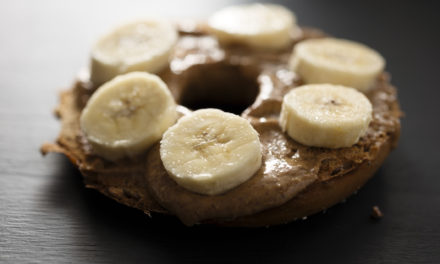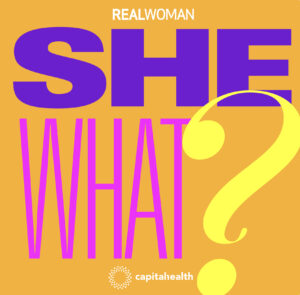It’s ironic: You get pregnant, and—if you’re like many expectant moms—you’re feeling too queasy to even think about food, even as you’re bombarded with diet and nutrition advice. No coffee! No sushi! Get your iron! What’s a girl and her saltine crackers to do? Never fear; you’ll want to eat again, and then you’ll have to sort out what is often conflicting advice about pregnancy nutrition. Best place to start? Your Ob/Gyn, who should be able to offer up-to-date info and help you tap into your own best judgment, says Kira Przybylko, M.D., an obstetrician/gynecologist with Lawrence Ob/Gyn in Lawrenceville, N.J.
Worried about what you can’t eat or drink? Hang on a second. First consider what you should be consuming for a healthy pregnancy:
More calories | But not as many as you think. The American Congress of Obstetricians and Gynecologists (ACOG) recommends 200-300 extra calories a day—hardly an “eating for two” prescription. Try to pack meals and snacks with as much nutrition as possible. For example, add that extra couple hundred calories with a yogurt and some fruit, or a turkey sandwich.
Essential nutrients | If you’re already taking a prenatal vitamin, good for you, because your nutritional needs ratchet up. In particular: Iron, which helps your body make red blood cells and keep your energy humming. ACOG recommends 27 mg daily, from both food (whole grains, beans, and green leafy veggies) and your vitamin. Calcium is the other big player. “As your baby’s bones and teeth are forming, he’ll use the calcium from your bones if you’re not taking in enough,” says Dr. Przybylko, so consume extra servings of yogurt, cheese, milk, and leafy greens, to the tune of 1,000 mg a day. (Continue that while you’re breastfeeding.) Be sure you’re getting 400 mcg per day of folic acid, which has been shown to reduce the incidence of neural tube defects in fetuses. Folic-acid-rich foods include lentils, kidney beans, dark-green leafy veggies, citrus, and fortified grain products.
Plenty of protein | You normally need protein energy for normal cell repair—and you need more now for optimal fetal growth. Protein-rich foods include seafood, lean meat and poultry, eggs, beans, peas, soy, and nuts. Quinoa, a grain, is an excellent complete protein source, great for vegan moms.
Wondering about fish? Although fish is a good protein source, some species are more likely to have elevated levels of PCBs (a pollutant) or mercury, both of which can cause problems for your baby. Rather than avoiding all fish, just stay clear of the biggest swimmers, which tend to have the most mercury, such as swordfish, mackerel, and tilefish. Confine tuna to once a week.
Less fat | The Journal of Physiology published a report that a diet higher than 30% in fat may predispose the baby to diabetes later in life. Be sure the fats you consume are mostly mono- or polyunsaturated fats, such as in olive oil, avocados, and nuts, and limit saturated fats like those in baked goods.
Speaking of nuts | A study published in JAMA Pediatrics last year suggested that avoiding peanuts and tree nuts during pregnancy may be misguided; researchers found that pregnant women who ate peanuts may actually have protected their babies from allergies.








